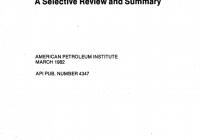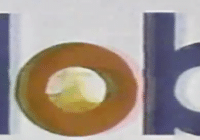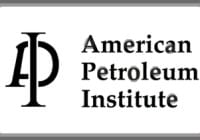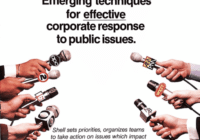
1982 API “Climate Models and CO2 Warming: A Selective Review and Summary”
“Climate Models and CO2 Warming: A Selective Review and Summary” prepared for the American Petroleum Institute by the Lamont-Doherty Geological Observatory March 16, 1982. The report includes a discussion on the types of models used to predict anthropocentric climate change. The report also highlights the fact that carbon dioxide concentration has increased since the beginning […]





